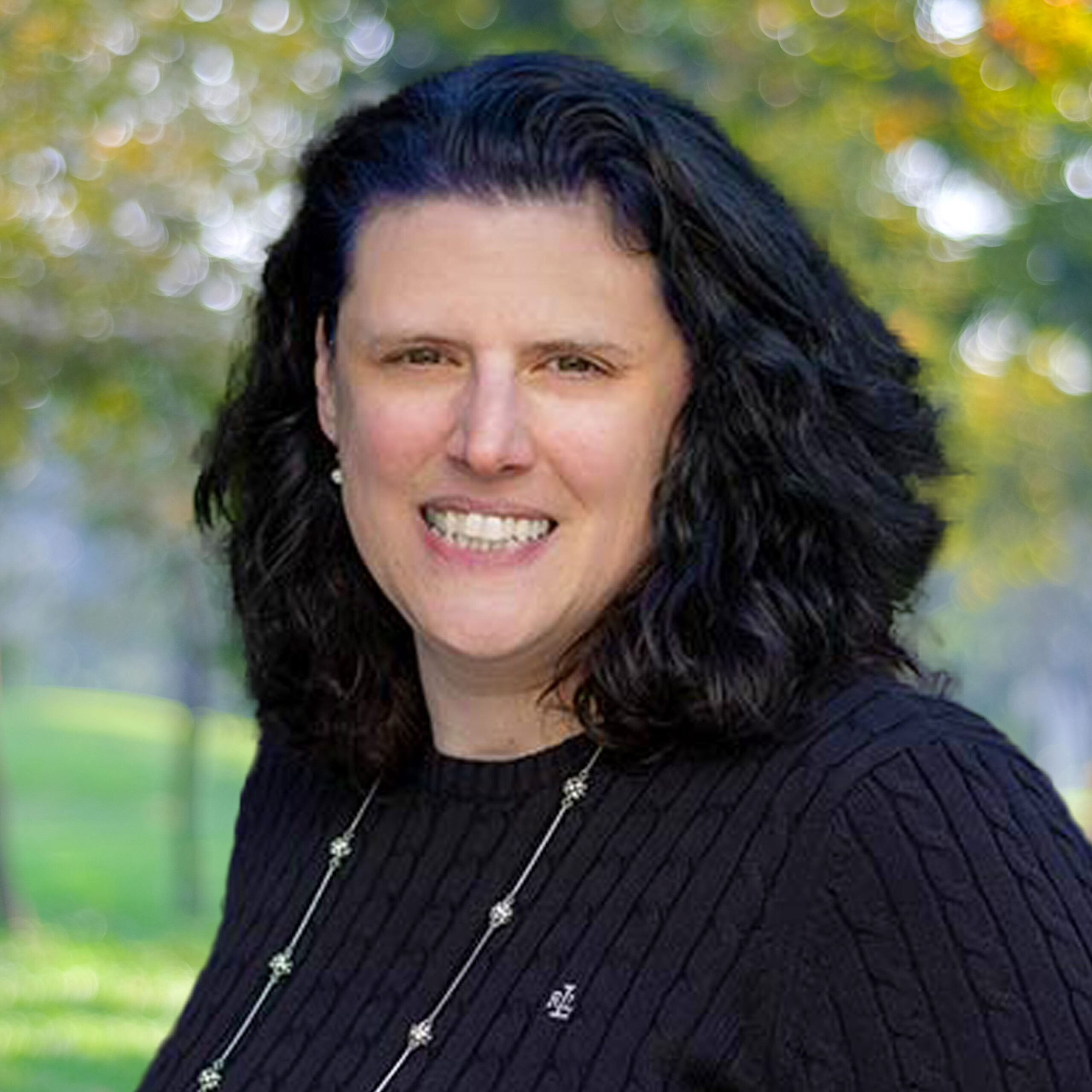ABOUT SAMANTHA HERRICK
Dr. Samantha Herrick has worked and taught in human services for over 25 years. In her early professional years, she specialized in employment for people with disabilities. Later, provided disability support services for college students with disabilities, and while in graduate school provided one-to-one clinical mental health counseling services with Penn State University’s CEDAR clinic.
Dr. Herrick has been a professor of counselor education for almost 15 years, the first 12 with Rutgers University, and more recently as Director of the Clinical Rehabilitation Counseling master’s program at The University of Scranton. She teaches graduate-level knowledge-based counseling courses, and has provided both group and individual clinical supervision for over 300 master’s level counselors-in-training. Her area of research interest is Autism Spectrum Disorder, and her passion is helping adults on the spectrum and their families with the complexities of navigating a society with little understanding of the autism spectrum. Dr. Herrick is also adept at counseling individuals with depression and anxiety, as well as other major life transitions. She is also an LGBTQ+ affirming counselor.
Samantha Herrick’s approach to therapy:
The counseling philosophy that most informs my work is Cognitive-Behavioral Theory. As a Cognitive-Behavioral counselor, I do not believe that insight alone equals change. I believe that our thoughts are the catalyst to our emotional reactions and subsequent life consequences. To reshape these thoughts is to change how we feel about life events, and in turn, provide for more positive outcomes. Additionally, I recognize the heavy influence of Person-Centered counseling theory in my counseling. I believe a warm, welcoming, non- judgmental environment for my clients is extremely therapeutic. Finally, I believe in the powerful impact of meaning-making in counseling, and therefore, also acknowledge the influence of Existential theories of counseling in my work.
Although distinct, these theories of counseling are all humanistic in nature. Most importantly, I believe that individuals are not predetermined to certain circumstances, successes, or failures, as an artifact of their past. They are capable of change and are the most influential authors of their destiny.
EDUCATION
- Ph.D. degree in Counselor Education and Supervision, with concentrations in Clinical Mental Health and Rehabilitation Counseling education – The Pennsylvania State University
- Master of Science degree in Rehabilitation Counseling and Disabilities Studies – Springfield College
- Bachelor of Arts degree in Communications – University of Rhode Island
CREDENTIALS
- Licensed Professional Counselor(LPC-NJ)
- Certified Rehabilitation Counselor (CRC)
- National Certified Counselor (NCC)
- Approved Clinical Supervisor (ACS)


